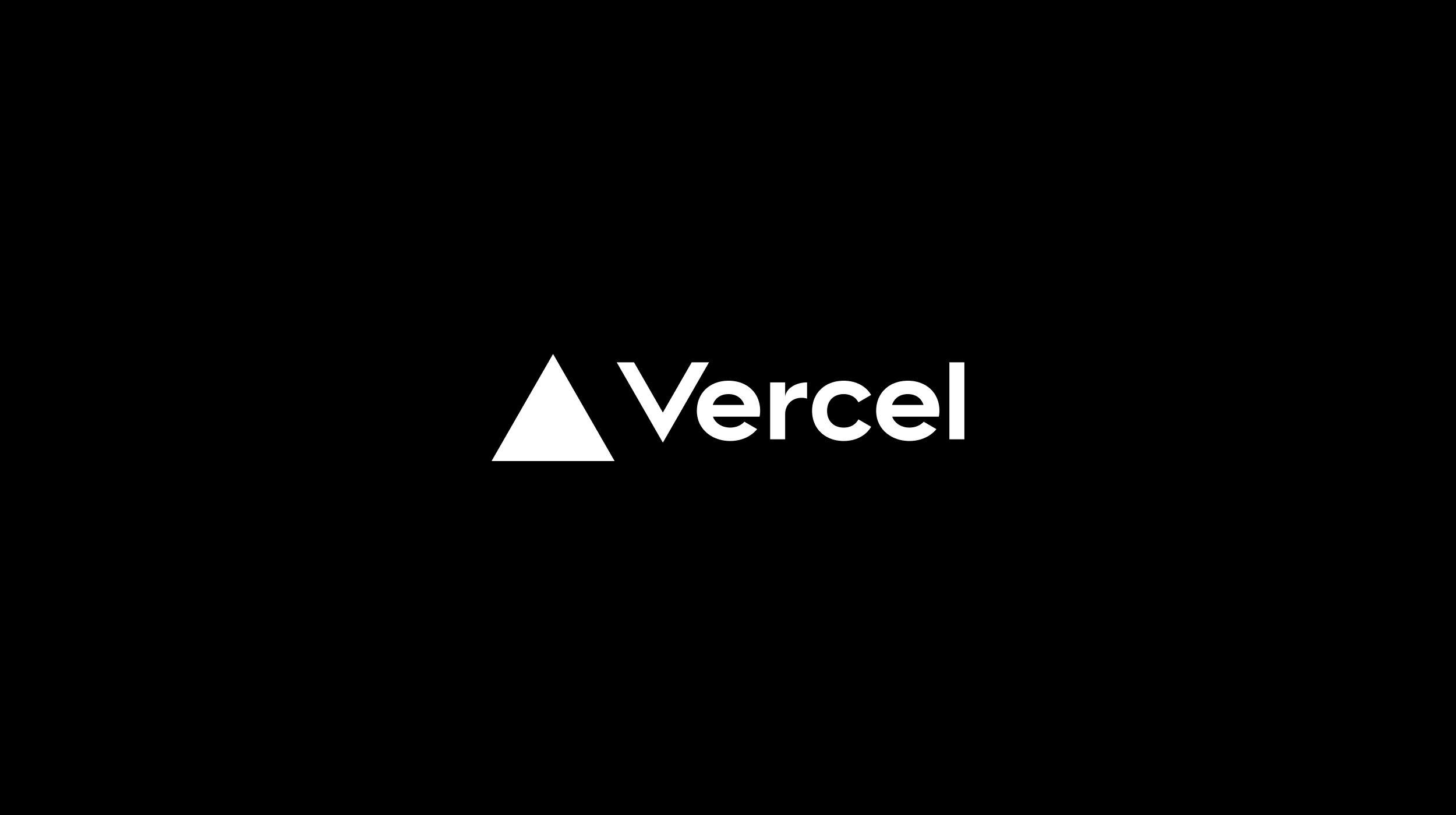Exploring Powerful Vercel Alternatives for Modern Web Deployment

When it comes to modern web deployment, Vercel has carved out a solid reputation. Known for its seamless Next.js integration, developer-friendly workflows, and instant global deployments, it’s become a go-to for frontend developers and startups alike. But as projects grow in complexity or shift in architecture, developers often find themselves searching for a Vercel alternative that better aligns with their evolving infrastructure needs.
Whether it's due to pricing concerns, limitations in customization, or a desire for more control over backend services, exploring other platforms can offer both performance benefits and cost efficiencies. In this post, we’ll look at several strong Vercel alternatives and how Kapstan can help teams make a smooth and scalable transition.
Why Consider a Vercel Alternative?
Vercel excels in offering an opinionated, zero-config approach to frontend deployment. However, its strengths can also become constraints:
-
Cost at Scale: Vercel’s pricing model, particularly at the Pro or Enterprise level, can become expensive as usage scales.
-
Limited Backend Support: While it supports serverless functions, projects with complex backend requirements may need more flexibility.
-
Vendor Lock-in: Deep integration with Next.js and its own ecosystem can limit your portability.
Teams looking to build more customized, backend-integrated, or cost-optimized applications may benefit from more open or extensible alternatives.
Top Vercel Alternatives to Consider
1. Netlify
Netlify is perhaps Vercel’s most direct competitor. It offers a similar developer experience with features like instant rollbacks, serverless functions, and edge handlers.
Pros:
-
Supports a wide range of frontend frameworks
-
Built-in CI/CD and Git integration
-
Generous free tier for small projects
Cons:
-
Limited control over serverless function execution
-
Less optimal for monorepos and complex deployments
2. Render
Render is gaining traction for offering a unified platform for frontend, backend, cron jobs, and databases.
Pros:
-
More robust backend support (Express, Rails, Docker, etc.)
-
Better pricing flexibility compared to Vercel
-
Supports background workers and cron jobs
Cons:
-
Slightly steeper learning curve
-
UI/UX is less refined than Vercel’s
3. Cloudflare Pages + Workers
If edge performance is a priority, Cloudflare’s ecosystem offers powerful capabilities through its Pages (static site hosting) and Workers (serverless at the edge).
Pros:
-
Global edge network for low-latency responses
-
Excellent performance and scalability
-
Deep security and caching features
Cons:
-
Can be complex to debug
-
Some learning curve around Workers syntax
4. Firebase Hosting
Firebase Hosting is ideal for SPAs and PWAs, especially when integrated with other Firebase services like Firestore and Authentication.
Pros:
-
Google Cloud-powered reliability
-
Great for mobile-first or JAMstack apps
-
Tight integration with Google ecosystem
Cons:
-
Less flexibility for SSR or complex backend logic
-
Pricing can become opaque with scale
5. AWS Amplify
For teams already working within AWS, Amplify provides a full-stack development experience, including hosting, authentication, and serverless backend.
Pros:
-
Deep AWS integration
-
Supports GraphQL and REST APIs out of the box
-
Custom domain and CI/CD pipeline support
Cons:
-
Complex documentation
-
Vendor lock-in within AWS
Enter Kapstan: Your DevOps Partner for Custom Deployments
If you're considering a move away from Vercel, you’re probably also looking for a deployment workflow that adapts to your architecture—not the other way around. That’s where Kapstan steps in.
At Kapstan, we specialize in helping engineering teams streamline their infrastructure using modern DevOps practices and tools. Whether you’re migrating from Vercel to Kubernetes, setting up custom CI/CD pipelines, or optimizing for cost and performance, Kapstan brings expertise in cloud-native development to the table.
How Kapstan Can Help:
-
Custom Deployment Workflows: We tailor deployment pipelines to suit your app—whether it's running on Docker, Kubernetes, or serverless.
-
Vendor-Neutral Architectures: Avoid lock-in by leveraging multi-cloud strategies, Infrastructure as Code (IaC), and open-source tools.
-
Scalable Cloud Migrations: Move from Vercel to platforms like AWS, GCP, or Azure with confidence.
-
Developer Experience First: We ensure your team retains the fast, feedback-rich workflows they love from Vercel—just with more flexibility and power.
Final Thoughts
Vercel is a fantastic tool—but it’s not a one-size-fits-all solution. As your applications scale and your architecture matures, it’s worth exploring alternatives that provide more customization, scalability, and control.
Kapstan is here to guide you through this journey—from choosing the right alternative to building a deployment strategy that grows with your business.
Ready to move beyond Vercel? Get in touch with Kapstan and let’s build your future-ready infrastructure together.
- Art
- Causes
- Crafts
- Dance
- Drinks
- Film
- Fitness
- Food
- Giochi
- Gardening
- Health
- Home
- Literature
- Music
- Networking
- Altre informazioni
- Party
- Religion
- Shopping
- Sports
- Theater
- Wellness



